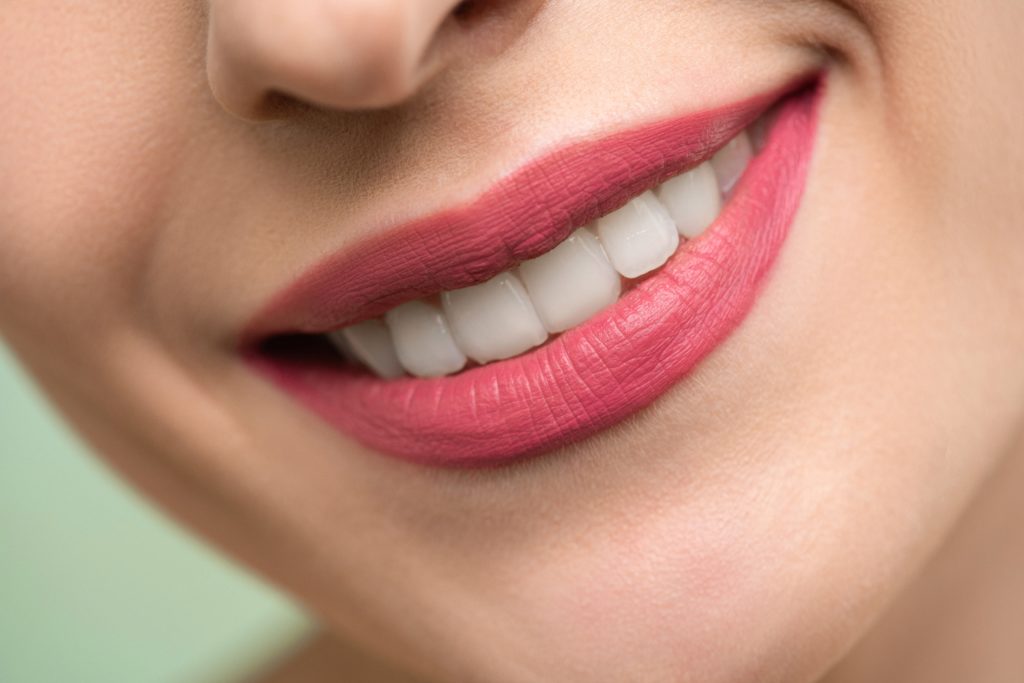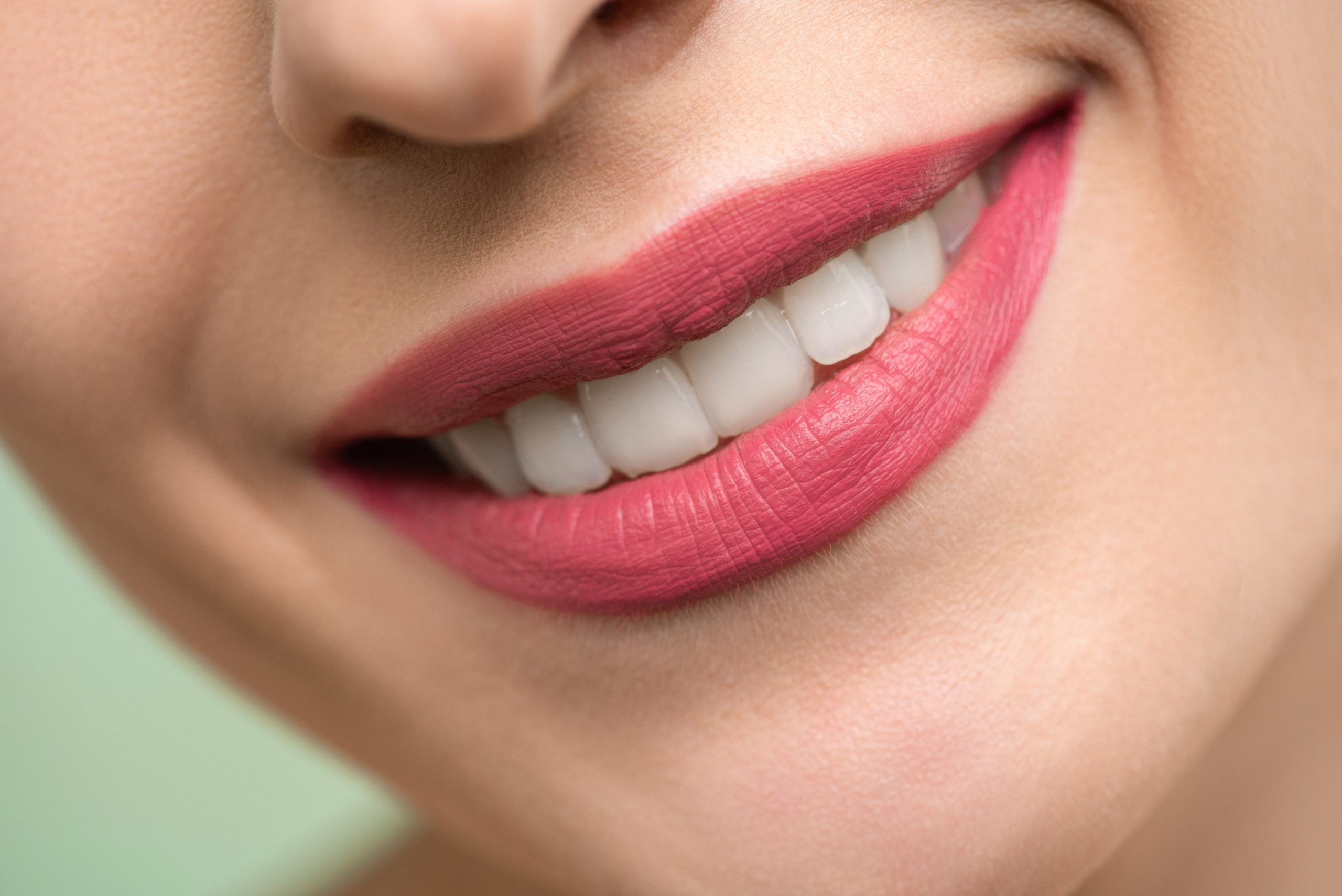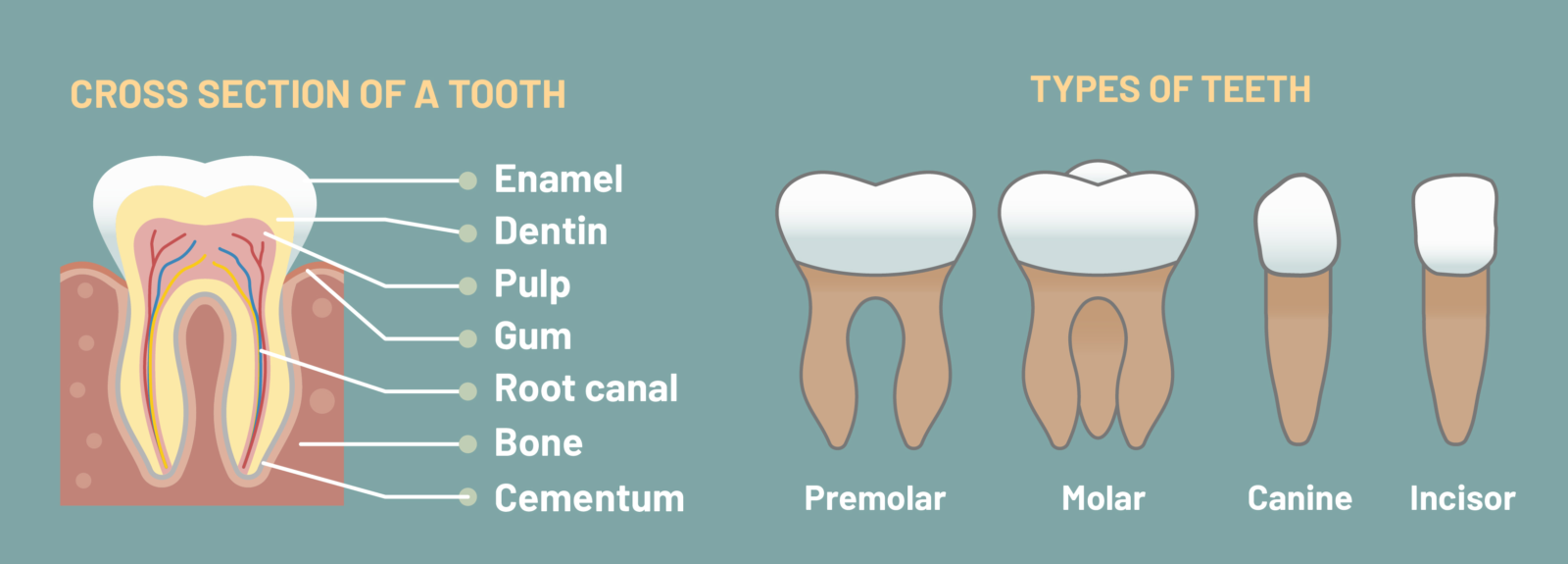
Life can be very stressful at times, and increasingly, we are learning more about how it affects mental health and physical health, but did you realise it can also impact oral health? Most of us don’t feel like smiling when stressed, but when times improve, it can be harder to confidently smile when you know your teeth and gums are not in the best of health.
We’ve listed some of the ways stress could affect your smile, so you can keep an eye out for the ways it might be impacting your oral health and can take action before it causes too much harm.
Poor Oral Hygiene
One of the first things to slip when stressed is often self-care, including good oral hygiene. If it is all getting too much for you, you might wonder why oral hygiene is important, especially if you feel too tired to do anything, even brushing your teeth regularly.
Cravings for Sugary Foods
Dietary choices can exacerbate the problem. For example, when you are stressed, it can increase cravings for comforting and often sugary foods. It is hardly surprising, as sugar prompts the production of serotonin, a feel-good neurotransmitter, but the effect is only temporary until you eat more sugar. Combining this with poor oral hygiene can be a recipe for oral disease, including tooth decay and gum disease.
An Increased Risk of Gum Disease
When you feel stressed, your immune system is weakened, leaving you vulnerable to developing gum disease. Gum disease is a bacterial infection caused when the bacteria found in dental plaque build up, creating acids and toxins that infect your gums. It is often associated with poor oral hygiene, and when your immune system is weaker, it will be less able to fight the infection effectively. Periodontal gum disease can become a very serious problem, potentially causing tooth loss without prompt treatment. In addition, it is increasingly linked with health problems including cardiovascular disease, dementia, diabetes and respiratory illnesses.
Early gum disease symptoms include gums that easily bleed when you brush and floss as the gums become increasingly fragile. Your gums may also look red and swollen and will gradually start to pull away from your teeth.
Mouth Ulcers
Mouth ulcers, also called canker sores, can be very painful. Women tend to suffer from mouth ulcers more than men, and canker sore causes are often unclear but often linked to physical and emotional stress. Usually, canker sores will clear up within a week, but we can provide canker sores treatment when they are very painful or make it difficult to eat and drink comfortably.
Oral Infections
When your immune system isn’t working as effectively, it increases the risk of oral infections, including fungal infections. When oral hygiene is also lacking, it can worsen this risk.
Teeth Grinding and Clenching
Have you noticed you are waking up with jaw pain or jaw ache on one side, or perhaps a chronic headache? This is because you might be grinding your teeth or clenching them during sleep, which is a condition called bruxism. Although there are several causes of bruxism, it is often linked to stress, and while it can occur during the day, it tends to be a nocturnal habit.
Because it is nocturnal, a person may not realise they have bruxism unless a sleeping partner complains about the noise or they see a dentist. Bruxism can cause considerable damage to teeth and gums and the temporomandibular joint, which is the joint that hinges your lower jaw to the skull. The condition is called temporomandibular joint dysfunction, or TMD, where the jaw joints can become so inflamed and painful that it becomes difficult to move the jaw comfortably, or it will make a clicking or popping sound when you try to open it.
Other signs of bruxism include waking up with aching teeth or facial muscles. The condition can cause earache or tinnitus. In addition, bruxism can wear down teeth considerably, so teeth feel more sensitive to temperature changes. You may also notice that teeth appear visibly cracked or even shorter than before.
Maintaining Strong, Healthy Gums
The good news is that when you catch gum disease during the early stages, a condition called gingivitis, a suitable gingivitis treatment can be implemented easily. Early treatment can reverse the disease entirely. Professionally cleaning your teeth removes all plaque and calculus (hardened dental plaque) so your gums can fight infection more effectively and begin to heal. After cleaning your teeth, a hygienist can discuss easy ways to improve your oral hygiene routine at home. When you upgrade your oral hygiene, you will enjoy better oral health, and it protects your smile.
If you have periodontal gum disease, where the infection has progressed further, a dentist may suggest deep cleaning your gums. This treatment removes bacteria from deep under the gum line in the pockets created as gums pull away from teeth. If necessary, a dentist may place medication topically in these pockets, called periodontal pockets, to help eliminate the infection more effectively. You may need a series of deep cleanings to help control this disease.
Maintaining Oral Health, Even When You Feel Stressed
Our friendly team at Tandara Dental Centre are here to help you maintain an optimal level of oral health at all times, and especially when you feel stressed and might need a little extra care. We thoroughly recommend regular dental checkups so that we can monitor your oral health. During these checkups, we can assess your teeth and gums for any signs of damage or disease, providing suitable treatment promptly and restoring your oral health more quickly and cost-effectively. We even provide teeth whitening and other cosmetic dentistry options!
Temporomandibular Joint Dysfunction and Bruxism Treatment
We can detect signs of bruxism when you have regular checkups, but if you are concerned you have this condition, make an appointment to come and see us, even if you aren’t due for a checkup. Our dentist can discuss your symptoms and gently assess your teeth and jaw joints, looking for bruxism causes. We can diagnose and then prescribe suitable jaw ache treatment to help you feel more comfortable, relieving the symptoms and protecting your teeth and jaws. While it is often linked to stress, it can sometimes be related to other problems such as poor occlusion. For example, when your teeth don’t bite together properly, it can place your jaw joints under pressure, resulting in TMD, which is treatable by adjusting your occlusion.
Bruxism treatment will often involve making you a custom night guard or splint. The nightguard is custom-designed to fit comfortably over your teeth, so the opposing arch of teeth grind harmlessly against the guard.
If you are ever concerned about your oral health and need advice, please get in touch with us so we can help you, and especially if you are in pain. We always set aside appointments to see patients with dental emergencies as soon as possible, preferably on the same day.










